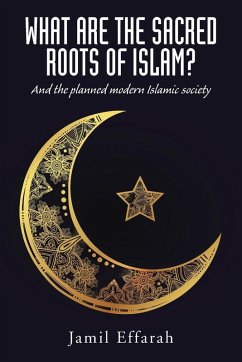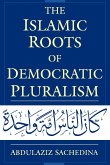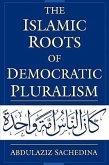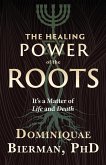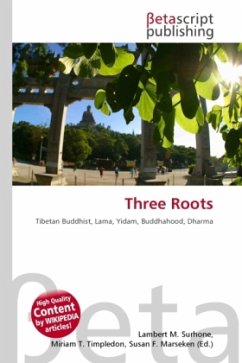Historians agree that Nazarenes or "Al-Nassarah" in Arabic, similar to Judaism, was a source for knowledge and religious thoughts for the Arabs of Hijaz. The Arab of Hijaz and specially Arab of Mecca had a tremendous knowledge in the Nazarene doctrines and sect and their opinion of Christ's Birth, His message and His crucifixion. It was natural that such talks created a feedback in their knowledge, minds and dogma. The only religion known to the Qur'an is the religion of Moses (Moussa) and Jesus ('Isa), as one religion that was carried by the Nazarenes. It is very important to remember that in history before Islam the term "Nusrani" and "Nassarah", the Nazarenes never used to represent the Christians and Christianity wherever they lived throughout their history. The Nazarenes is the name confined to a sect of Beni Israel who believed in the coming of Christ, and deflected from the main streams of Christianity since the first Council of the Churches that took place in Jerusalem in 49 AD. Christians refer to them as the "Shiites" in relation to their "Sunni" Christianity, in faith and in dogma. With their presence in Mecca and Hijaz, the name "Nazarene" prevailed, as they had monopolized the "Gospel". The best proof is the Raheb Gregarious Buheira of Basra Ash-sham who was labeled, in Al-Sira Al-Nabawiah, "the caretaker of 'Isa on His religion", and to whom Waraka Bin Nofal belonged. Waraka Ben Nofal, the Bishop of Nazarenes in Mecca, was translating the Book and the Gospel of Mathew's Hebrew in Aramaic to Arabic in the presence of Muhammad. Dr. Effarah's intention is to discuss in short that such important fact that deserves in depth study and research, especially the Qur'an never used the term Christianity and Christians. The only reference was to Jesus, as 'Isa Bin Mariam, and to the Nazarenes all the time. Therefore any translation from Arabic into English for the Holy Qur'an is misleading if 'Isa is considered a presentation for "Jesus Christ", or any reference to the Nazarenes as "Christians". The Holy Qur'an can be looked at as a continuous dialogue with the people of the Book from Jews and Nazarenes. The positions of testimony by the Nazarenes and their support to the Qur'anic call, and their affiliations to that mission, does not mean in the Qur'an, except the Nazarenes of Beni Israel - due to the Qur'an's position, similar to their position, from the trinity and the divinity of Christ. The Arab Prophet direction is to follow the believers state of affairs "Those are the ones to whom We have given the Book, along with Discretion and Prophet hood ... Such are the ones whom God has guided, so copy their guidance," as stated in Sura Al-Ena'am, 6: verses 89-90. This book, "What are the sacred roots of Islam", verifies how monotheism was spread in Arabia through the teaching of the Book and the Gospel through the Nazarenes Arab tribes who accepted the Prophet Mohammad as their leader and helped in setting the foundation for the Arab tribes in the Arabian Peninsula to unite and to spread out into an "Islamic Empire." The current assumed "Islamic State of Iraq and Levant" (ISIL) does not represent the true concept of the sacred roots of Islam that created the Islamic Empire in the past. Today, ISIL is nothing more than a group of terrorists hiding behind a form of Islam of their own brutal imagination. This book is written to those intellectuals who believe in the renewal, innovation and knowledge production that makes that make the contemporary Arab mentality open to global, psychological, social and human interactions and that Democracy is the solution and not "Islam" that ISIL is calling for by slaughtering humanity and its antiquities.
Hinweis: Dieser Artikel kann nur an eine deutsche Lieferadresse ausgeliefert werden.
Hinweis: Dieser Artikel kann nur an eine deutsche Lieferadresse ausgeliefert werden.

